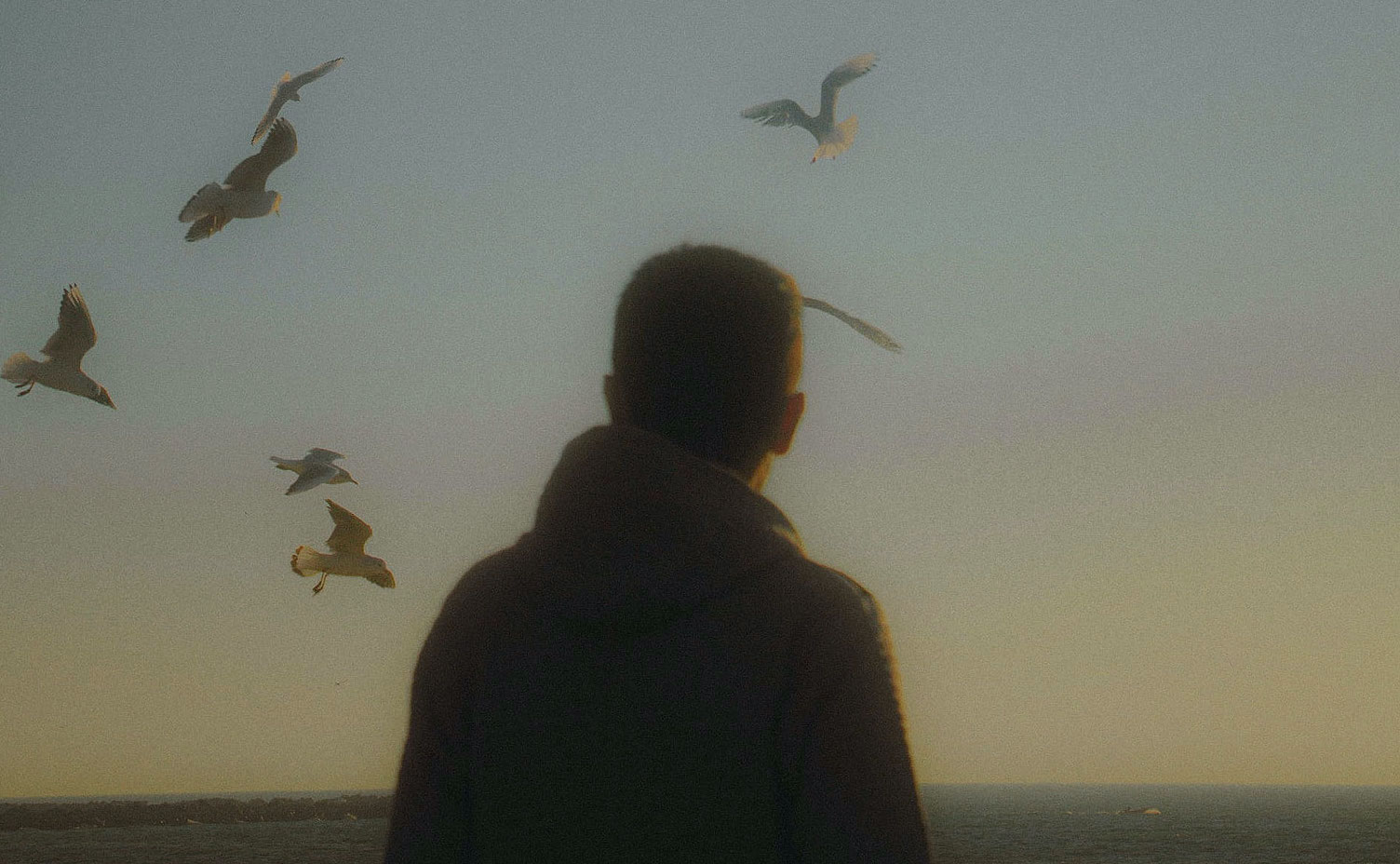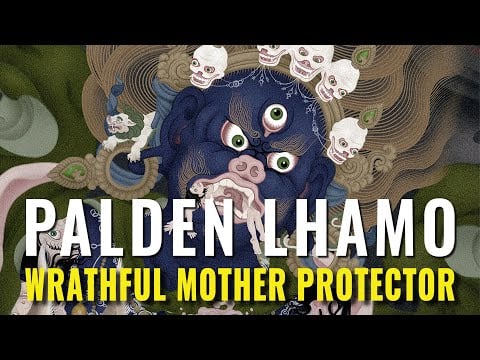6 Poems to Inspire Sacred Contemplations of the Everyday
In honor of National Poetry Month, a selection of verse from Tricycle’s archives. The post 6 Poems to Inspire Sacred Contemplations of the Everyday appeared first on Tricycle: The Buddhist Review.

Trike Daily PoetryArts & Culture
In honor of National Poetry Month, a selection of verse from Tricycle’s archives.
By TricycleApr 01, 2022 Photo by Amirhossein Khedri
Photo by Amirhossein KhedriThe experience of reading a poem is a meditative experience in and of itself. As author John Brehm writes in The Dharma of Poetry, to enter a poem is to “shift out of everyday consciousness. . . to step out of the ongoing flow of experience and look at it.” A poem inspires a moment of pause in which we can “engage in an imaginative activity that has no practical value.”
Poet Chase Twichell reflects that the process of writing her collection The Ghost of Eden “was not unlike the work required in zazen. . . it involved a concentration of mind and a letting go of thought.” When we approach poetry with a meditative mind, we can practice the deep listening necessary to “let language itself speak.” We are invited to, as Twichell encourages her students, “regard each poem as a chance to trick ourselves into a new perception,” or even “surprise ourselves into saying things we didn’t think we knew.”
In honor of National Poetry Month, we’ve collected a selection of poems published in Tricycle over the years that embody the deep and fruitful relationship between meditative practice and poetic inquiry.
***
“The Possibility”
Leath Tonino, “Poems of Walking and Sitting” (May 31, 2020)
i don’t expect
any of us
to know
what it’s like
to be free
of worry
all i ask
is that when
a tree or stone
or cloud
mentions the possibility
we stop
what we’re doing
turn our heads
listen
“Myoko Dream”
Joanne Kyger, “Arriving Without a Sound” (April 22, 2015)
“Stop fidgeting” she says
I’m picking candle wax off my robes
We’re all sitting in the Zendo
People of all ages introducing themselves.
“I’m here because I read too much” I say.
August 2007
“Poem #104”
Zen Master Ikku, translated by Sarah Messer and Kidder Smith, “Incense Thrown on the Buddha” (June 26, 2015)
True transmission sidesteps delusive combat.
Vast kalpas of unenlightennment are made of the
feelings
“self” and “other.”
Carrying self and other makes the balance pole
heavy.
When emptiness looks at a butterfly, the whole
body becomes light.
“Word Sound”
Pauline Oliveros, Word Sound: A Meditation (September 4, 2013)
Sound a word or a sound.
Listen for a surprise.
Say a word as a sound.
Say a sound as a word.
Say a sound until it is a word.
Sound a word until it is a sound.
Speak a sentence of sounds.
Sing a phrase of words.
Cross overs.
“Imaginary Dokusan: Perfume”
Chase Twichell, The Ghost of Eden (Fall 2003)
Crushed lime halves in the sink,
a wood match’s sweet-acrid strike. . .
I keep looking for things with a beauty
that’s not incidental, but have found none.
Because of this, the difference between sensuality
and being fully awake in the moment
is often unclear to me, for example
the sun’s smell of ripening
even in things still immature–
which of the two pleasures is that?
“Waves”
Cho Oh-Hyun, Waves (Winter 2016)
Reading sutras deep into the night,
I look up at the dark night sky,
Listen, all alone, to the cry
of the distant sea –
The 1,000 sutras, the 10,000 treatises,
all just waves blown in the wind.

Get Daily Dharma in your email
Start your day with a fresh perspective

Explore timeless teachings through modern methods.
With Stephen Batchelor, Sharon Salzberg, Andrew Olendzki, and more
![]()
Thank you for subscribing to Tricycle! As a nonprofit, we depend on readers like you to keep Buddhist teachings and practices widely available.
This article is only for Subscribers!
Subscribe now to read this article and get immediate access to everything else.
Already a subscriber? Log in.

 Lynk
Lynk 































